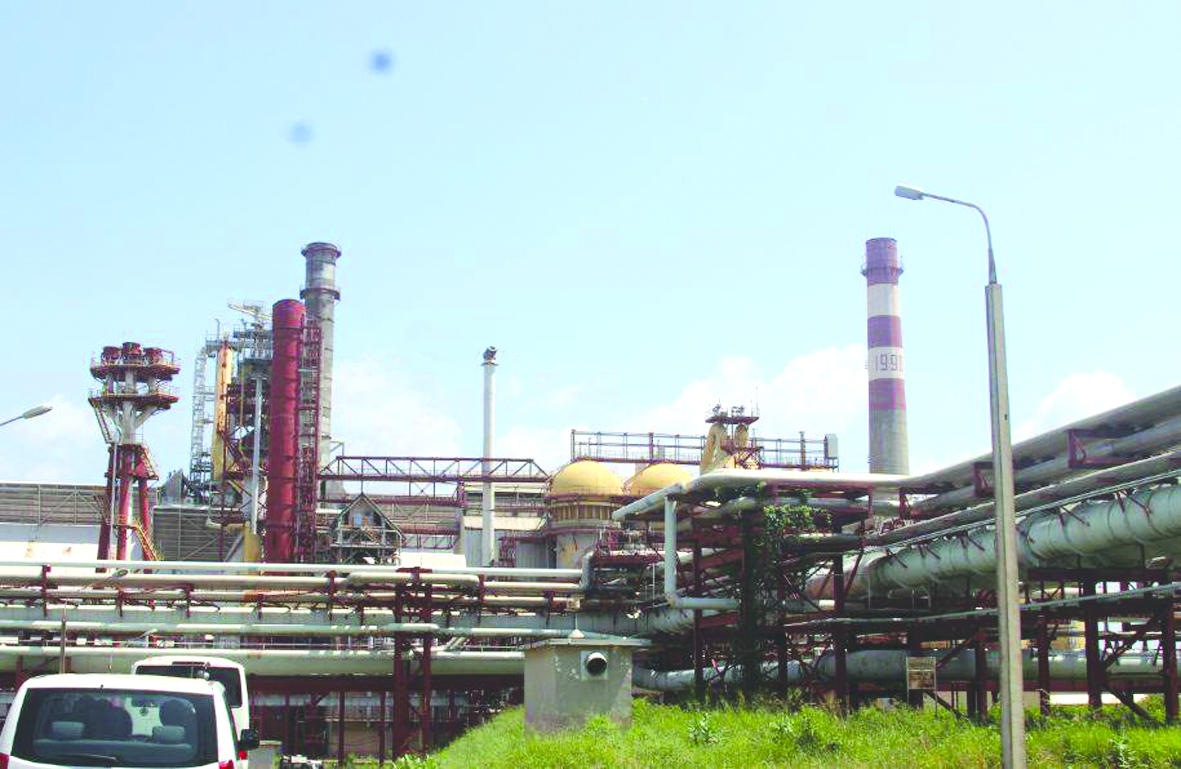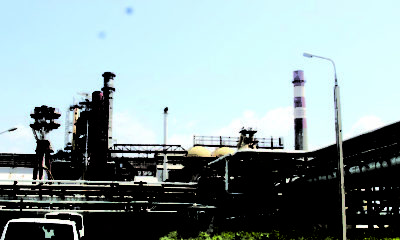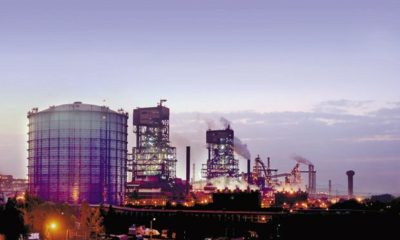- $652m Needed to Reactivate, Complete Ajaokuta Steel Plant –Audit
An audit conducted by Nigerian and Ukrainian experts showed that a total of $652m is required to reactivate and complete the Ajaokuta steel plant.
According to the information sourced from the company’s website in Abuja on Monday, the audit was conducted in April 2018 by Nigerian engineers, technicians, and other professionals as well as two Ukrainian experts in steel plant,
According to the audit, the controversial plant, which was started in the 1970s, had reached 95.7 per cent completion.
On its portal, the company said that the audit report was presented to a former Minister of State for Mines and Steel Development, Mr Bawa Bwari, by the Sole Administrator of the company, Mr Sumaila Abdul-Akaba.
It did not state when the report was presented to Bwari. However, Bwari took charge of the ministry (till May 29 when the first tenure of President Buhari ended) following the departure of a former Minister of Mines and Steel Development, Dr Kayode Fayemi, who had gone to contest the governorship election in Ekiti State in 2018.
The company said, “The technical audit report on Ajaokuta Steel Plant, which ascertained that the plant is 95.7 per cent erection ready has been submitted. Reactivation and completion requirement stands at $652m.
“The internal technical audit, which was conducted on the facilities of the steel plant between February and April 2018 was an updated version of the last technical evaluation done in the year 2010 by M/S Reprom Nigeria Limited.”
Abdul-Akaba was quoted as saying, “The 2018, technical audit of the Ajaokuta steel plant was undertaken fully by Ajaokuta Steel Company Limited engineers, technicians and other professionals.
“This is in line with the policy of the present Federal Government on the utilisation of maximum local content possible in the execution of sundry public works in the country.
“The Ajaokuta steel plant had been under the care of professionals over the years, some of who even partook in the construction and erection. It was therefore an opportunity to know hidden details which no outside contractor could get.
“It also afforded the company the opportunity to assemble raw information on the plants and equipment which can form the basis for future assessments and decisions if need be. This advantage was not there in the previous exercises that were wholly carried out by foreign contractors.”
The sole administrator also explained that some specialists assigned by the president of the Nigerian Society of Engineers as well as two experts in steel plant from Ukraine were involved in the audit, which produced a report presented in four parts. Part two of the report was said to be in 10 volumes.
The House of Representatives had in 2018 resisted the proposal of the government to sell Ajaokuta to private-sector investors. They asked the government to complete the plant rather than sell it to investors. The lawmakers also passed a vote of no confidence on Fayemi and Bwari for failing to appear during its probe hearing on the steel plant.

 Forex3 weeks ago
Forex3 weeks ago


 Naira2 weeks ago
Naira2 weeks ago
 Billionaire Watch2 weeks ago
Billionaire Watch2 weeks ago






 Naira3 weeks ago
Naira3 weeks ago






 Naira2 weeks ago
Naira2 weeks ago


 Naira1 week ago
Naira1 week ago




 Naira4 weeks ago
Naira4 weeks ago






 Naira1 week ago
Naira1 week ago
















